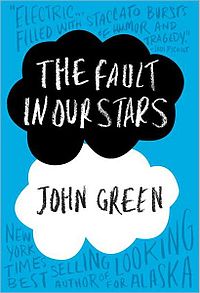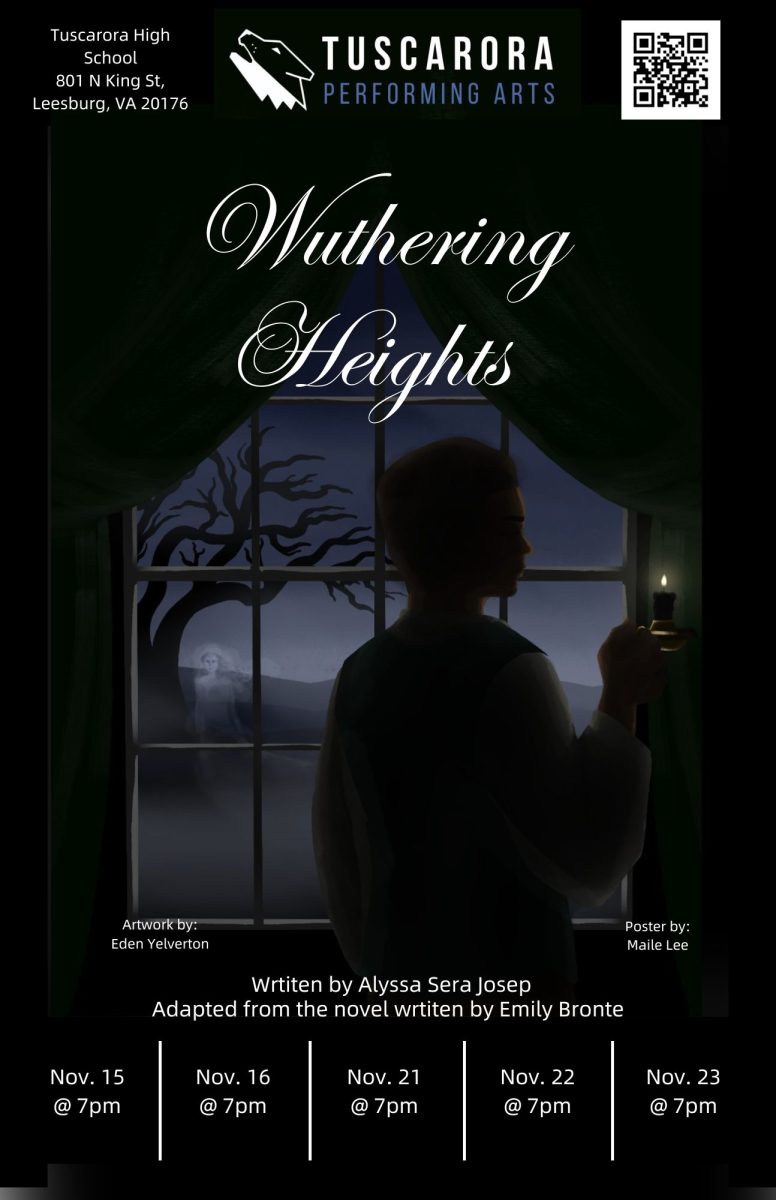By: Claire Frank
After reading this novel, the following conclusion can be reached: this book is not recommended for people who do not wish to experience emotions.
Published on January 10, 2012, The Fault in Our Stars has not only been a #1 New York Times Bestseller, but has also remained on the list for the past 46 weeks as of November 25, 2012. It is the fourth solo novel of John Green, the 2006 winner of the Michael L. Printz Award.
There’s been a lot of hype surrounding Green’s novel this year, and for good reason. Green has readers laughing and crying throughout the novel as they follow the developing relationship between terminally-ill Hazel Lancaster and one-legged Augustus Waters. The novel is fast-paced and well-balanced, with both serious and humorous parts intertwined throughout the story. The dialogue is witty and leaves the reader with a wide selection of both funny and contemplative quotes to share with friends or incorporate into tweets or blog posts.
Despite involving cancer, the tone of the novel is light and, even though it occasionally uses big words like “self-aggrandizing” and “hamartia,” it speaks to reader in an easy-to-understand manner. This is extremely impressive considering that Green discusses some of the big questions in life, yet he doesn’t overwhelm the reader with the heaviness of the actual topics.
Hazel, the narrator and main character, is extremely relatable, and the innermost thoughts she shares with the reader voices many of the thoughts and feelings running through the minds of the average teenager. Hazel is a dynamic, mature character who contemplates a variety of serious topics throughout the novel. She isn’t obsessed with what adults think typical teenage girls are into: shopping, boys, etc.
One of the best features of this novel is that although the main character has cancer, the story isn’t solely about cancer. Hazel’s illness doesn’t define who she is or really limit her actions. While it does physically limit her (she has to wear a cannula and lug around an oxygen tank wherever she goes), she doesn’t let it keep her from doing whatever she wants.
One final note: as mentioned above, the novel does make people cry, and it is about a young girl with cancer. Please don’t make either one of these facts stop you from reading The Fault in Our Stars. It is an incredibly well-written and enjoyable novel. While it can be sad, it can also be entertaining and very uplifting. You will not regret reading this novel, and I highly recommend that you do.






